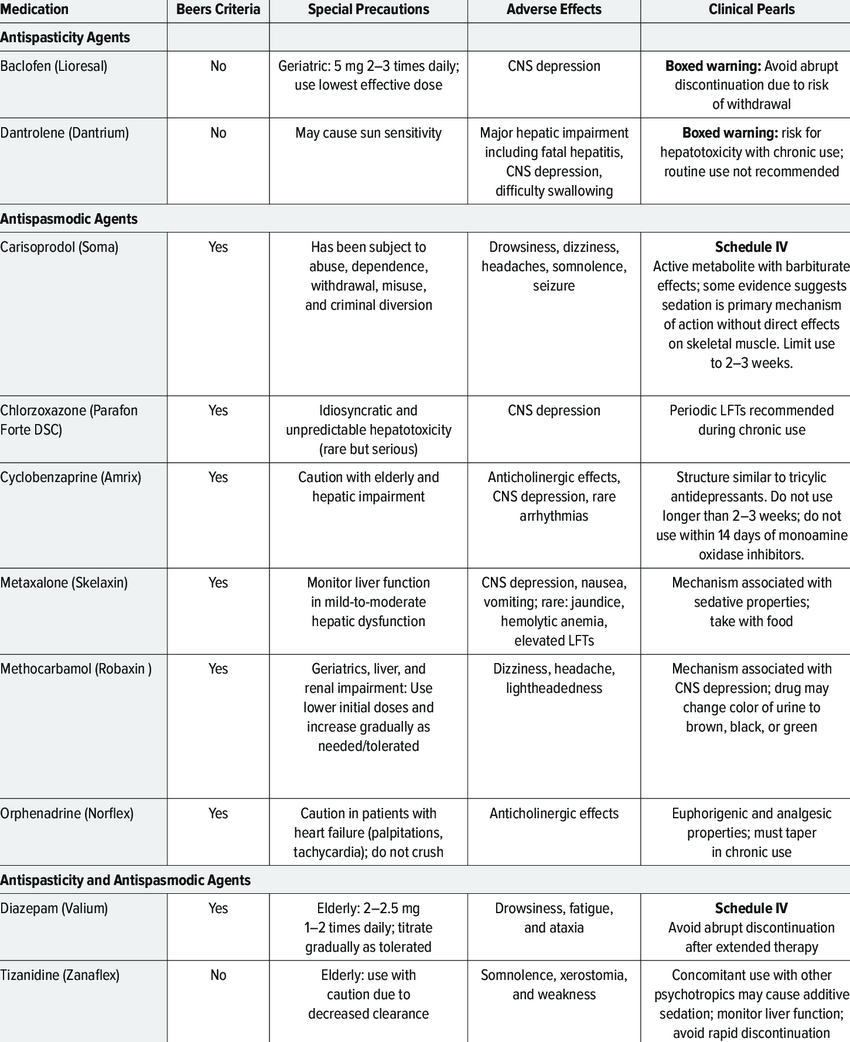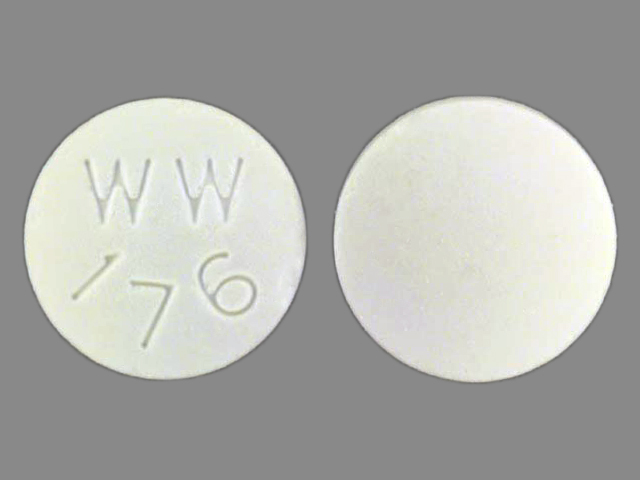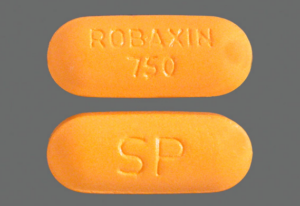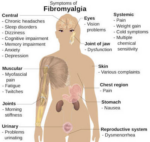What Are Muscle Relaxants?
Muscle relaxants are medications generally used to relieve pain, stiffness, or uncontrolled movements caused by muscle spasms. Muscle spasms happen when a muscle or a group of muscles contract uncontrollably and cannot relax. The muscle hardens, resulting in symptoms that range from mild twitching to severe pain.
Muscle relaxants work in your brain and spinal cord or directly in your muscles to help the muscles relax.
List of Muscle Relaxants

Muscle relaxants are categorized into two categories based on how they work and what symptoms they treat most effectively. They are classified as antispasticity drugs, antispasmodic drugs, or both.
Antispasticity muscle relaxants are generally used to treat involuntary muscle movements caused by cerebral palsy, multiple sclerosis, or spinal cord and brain injuries.
Antispasmodic drugs are better for relieving muscle pain due to uncontrolled muscle contractions.

The following are muscle relaxants classified as antispasticity drugs:
- baclofen (Lioresal)
- dantrolene (Dantrium)

The following muscle relaxants are considered antispasmodic drugs:
- carisoprodol (Soma)
- chlorzoxazone (Parafon Forte)
- cyclobenzaprine (Flexeril, Amrix)
- methocarbamol (Robaxin)
- orphenadrine (Norflex)
The following medications are classified as both antispasticity and antispasmodic medications:
- diazepam (Valium)
- tizanidine (Zanaflex)
No matter what kind of muscle relaxer you take, it is common to have side effects Some muscle relaxants, however, can have potentially serious side effects, like liver damage. Your doctor will work with you to find the medication that makes the most sense for your situation.

The Most Common Side Effects Include:
- Tiredness, drowsiness, or sedation effect
- Fatigue or weakness
- Dizziness
- Dry mouth
- Depression
- Decreased blood pressure
What Are the Side Effects of Muscle Relaxants ?
uscle relaxants are medications that can help alleviate muscle spasms, tightness, and discomfort. However, like any medication, they may be associated with certain side effects. It’s important to note that individual responses to muscle relaxants can vary, and not everyone will experience the same side effects. Common side effects of muscle relaxants may include:
- Drowsiness: Many muscle relaxants have a sedative effect, leading to drowsiness or fatigue. This side effect can impair concentration and coordination.
- Dizziness: Some people may experience dizziness or lightheadedness, especially when standing up quickly. This can be related to the sedative properties of the medication.
- Dry mouth: Muscle relaxants can cause a reduction in saliva production, leading to a dry or sticky feeling in the mouth.
- Blurred vision: Vision disturbances or blurred vision may occur as a result of muscle relaxant medications.
- Headache: Some individuals may experience headaches as a side effect of muscle relaxants.
- Upset stomach or nausea: Gastrointestinal symptoms, such as upset stomach or nausea, can occur in some cases.
- Allergic reactions: While rare, allergic reactions such as rash, itching, swelling, or difficulty breathing can occur. Seek medical attention immediately if you experience these symptoms.
- Impaired cognitive function: Muscle relaxants can affect cognitive function, leading to difficulties with memory and concentration.
- Dependency and withdrawal: Prolonged use or abrupt discontinuation of certain muscle relaxants can lead to dependency and withdrawal symptoms.
The Main Side Effect of Muscle Relaxants is Drowsiness.
This may be how they work to “relieve” pain. In addition, carisoprodol (Soma) use may lead to dependence because in the body it is converted into a drug similar to barbiturates; cyclobenzaprine (Flexeril) can cause dry mouth, constipation, confusion, and loss of balance; methocarbamol (Ro
baxin) discolors the urine to green, brown, or black; both metaxalone (Skelaxin) and chlorzoxazone (Parafon Forte, DSC) should be used with caution in those with liver problems.
To minimize risk, the doctor should be informed of any history of seizures, liver disease, and any other medical conditions or concerns. Women should inform their doctors if they are pregnant, plan to become pregnant, or are breast-feeding.
- Sleepiness. Because muscle relaxers are total body relaxants, they typically induce grogginess or sleepiness. As a result, it is not safe to drive or make important decisions while taking muscle relaxers. Muscle relaxers are often suggested for evening use due to their sedative effect.
- Interactions with alcohol. Drinking alcohol can be especially dangerous when taking muscle relaxers. The sedative effect of the medication is intensified with alcohol use, and combining the two can be fatal.
Allergic reactions. No medication should be taken if the person has had an allergic reaction to it in the past, even if the reaction seemed mild. Symptoms of an allergic reaction include swelling in the throat or extremities, trouble breathing, hives, and chest tightness. - Potential for abuse. Muscle relaxers have a risk of misuse and abuse. Some muscle relaxers, such as cyclobenzaprine, can be habit-forming on their own. Others may be taken in conjunction with other drugs, such as opioids, to create a high, and are therefore more likely to be abused.
- Tapering off. Stopping a muscle relaxer abruptly can be harmful. Instead, the doctor will prescribe a gradual reduction in dosage.
What Are the Side Effects of Specific Muscle Relaxant?
The side effects of muscle relaxants may vary based on where they work in the body. Some work in your brain, while others work on your spinal cord or directly in the muscle.
Side Effects of Cyclobenzaprine
Cyclobenzaprine works in your brain to help relieve pain and stiffness caused by muscle injuries. Common side effects associated with cyclobenzaprine include:
- Blurred vision
- Constipation
- Difficulty urinating
- Dizziness
- Drowsiness
- Dry mouth
Cyclobenzaprine may cause an irregular heartbeat. Before taking this medication, be sure to let your doctor know if you have heart problems.
Side Effects of Tizanidine
Tizanidine works in your brain to relieve muscle spasms caused by multiple sclerosis, stroke, or brain and spinal cord injuries. Common side effects seen with tizanidine include:
- Blurred vision
- Dizziness
- Drowsiness
- Dry mouth
- Nervousness
- Upset stomach
Tizanidine may cause an irregular heartbeat, especially if you have heart problems, or if you take any the following medications:
- cimetidine (Tagamet)
- ciprofloxacin (Cipro)
- famotidine (Pepcid)
- fluvoxamine (Luvox)
- medications to regulate heart rhythm
- some birth control pills
Side Effects of Baclofen
Baclofen works in your brain to reduce involuntary movements caused by multiple sclerosis or spinal cord injuries. The most common side effects seen with baclofen include:
- Dizziness
- Insomnia (difficulty falling asleep or staying asleep)
- Tiredness
- Weakness
Abruptly stopping baclofen may cause the following side effects:
- Confusion
- Hallucinations
- Seizures
- Worsening of muscle spasms
To stop baclofen safely, your doctor may reduce your dose gradually over a few weeks.
Side Effects of Metaxalone
Metaxalone is a central nervous system (CNS) depressant used to relieve muscle pain associated with muscle injuries. Common side effects seen with metaxalone include:
- Dizziness
- Drowsiness
- Nausea
- Vomiting
The following side effects are rare but serious.
- Hemolytic anemia (a condition in which your red blood cells are destroyed faster than your body can replace them)
- Jaundice (yellowing of the skin or eyes)
- Leukopenia (low white blood cell count)
Contact your health care provider if you experience any of the following symptoms:
- Confusion
- Excessive dizziness
- Fever
- Heart palpitations
- Pale skin
- Yellow skin or eyes
You should not take metaxalone if you have severe liver or kidney problems. Your doctor may check your liver enzyme levels while you are taking metaxalone.

Side Effects of Methocarbamol
Methocarbamol works in your brain to relieve muscle spasms. Common side effects of methocarbamol include:
- Dizziness
- Drowsiness
- Lightheadedness
Methocarbamol generally causes less drowsiness than other muscle relaxants. It is a good alternative if you cannot tolerate other muscle relaxants due to excessive sleepiness.

Side Effects of Carisoprodol
Carisoprodol acts in your brain to relieve pain caused by muscle spasms. Common side effects seen with carisoprodol include:
- Dizziness
- Drowsiness
- Fast heartbeat
- Headache
- Upset stomach
Use carisoprodol cautiously, especially if you have liver or kidney problems. The side effects of carisoprodol may increase if you take the medication for a long time or if medication levels accumulate in your body.
Side Effects of Orphenadrine
Orphenadrine is related to diphenhydramine (Benadryl), and many of its side effects are similar to those seen with diphenhydramine. Common side effects of orphenadrine include:
- Confusion
- Constipation
- Difficulty urinating
- Drowsiness
- Dry mouth
Orphenadrine may also cause heart palpitations or rapid heartbeat. Talk to your doctor or pharmacist before taking orphenadrine if you have a heart condition.
Side Effects of Chlorzoxazone
Chlorzoxazone is used to relieve stiffness and pain related to muscle injuries. Common side effects of chlorzoxazone include:
- Dizziness
- Drowsiness
- Lightheadedness
On rare occasions, chlorzoxazone may cause severe liver toxicity. Immediately inform your healthcare provider if you experience symptoms such as:
- Dark urine
- Fever
- Rash
- Yellowing of the skin or eyes
Side Effects of Dantrolene
Dantrolene works directly in the muscle to slow muscle contractions. Common side effects of dantrolene include:
- Diarrhea
- Dizziness
- Drowsiness
- Muscle weakness
Dantrolene may cause liver damage if used for a long time. You should not use this medication to treat chronic pain.
Pain Medications, Pain Relief, and Pain Management







